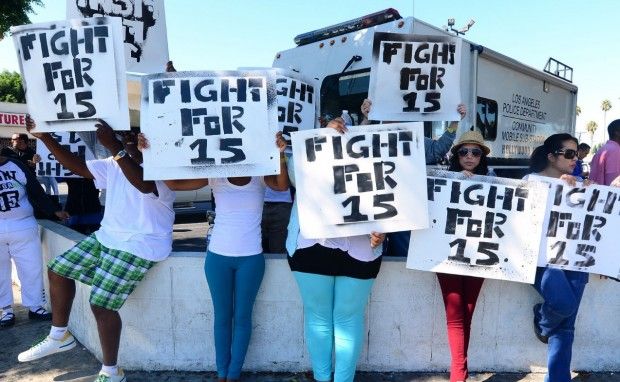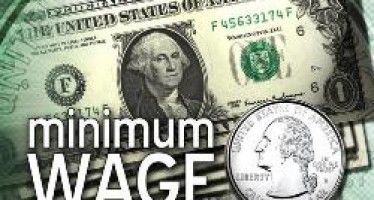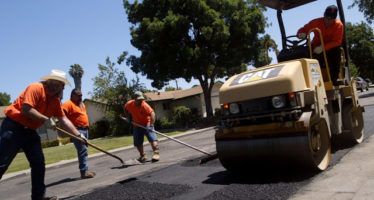San Francisco’s $15 minimum wage goes into effect for all businesses
 San Francisco this week enacted its $15 minimum wage, making it the first major U.S. city to mandate a $15 wage floor for all businesses.
San Francisco this week enacted its $15 minimum wage, making it the first major U.S. city to mandate a $15 wage floor for all businesses.
It’s the last phase of Proposition 14, which voters passed in 2014 and raised the wage in increments of $1.00 through 2018.
“Those who say we have to choose between economic growth and fair pay are wrong,” City Administrator Naomi Kelly said in a statement. “We in San Francisco have proven that these elements aren’t exclusive of each other and, in fact, they compliment each other.”
And while “Fight for 15” advocates are cheering the move, the increase does little to address the cost of living concerns in the Bay Area, a region which continues to see a heavy exodus to neighboring states.
For example, a recent analysis by the National Low Income Housing Coalition found that someone would have to work around 160 hours per week at $15 per hour to be able to afford an average 2 bedroom apartment in San Francisco.
Furthermore, the income level for a family of four to qualify to low income assistance is now over $117,000 in the region, according to findings from the U.S. Department of Housing and Urban Development.
Across all of California, the median rent for a one-bedroom apartment is $1,750 and a two-bedroom averages $2,110. Average home prices in the state have surpassed $500,000 – and in places like Santa Clara County it’s well over $1 million.
Additionally, experts are noting that the wage hike may actually hurt low-wage workers, arguing that such an increase comes with trade-offs for poor residents. While the hourly wage may increase, it’s also likely to force businesses to cut prices – and possibly the hours of their workers.
“San Francisco already has a major problem facing low wage workers,” George Mason economist Michael Farren explained on C-SPAN. “So the additional cost of $15 hour minimum wage and the effect it’s going to have on prices isn’t going to help low-wage workers very much.”
Related Articles
Minimum wage activists set sights on L.A.
The concerted push for higher minimum wages in California has spread from the East Bay to Los Angeles. On the
CEOs Rank CA Worst State for Business
MAY 5, 2011 By JOHN SEILER Once again, California garners the booby prize for business climate: For the seventh year
How to fund infrastructure fixes: Tax hikes or rearranging spending priorities?
Gov. Jerry Brown and Democratic legislators are pitching a transportation-tax proposal they depict as the only means to fix California’s




